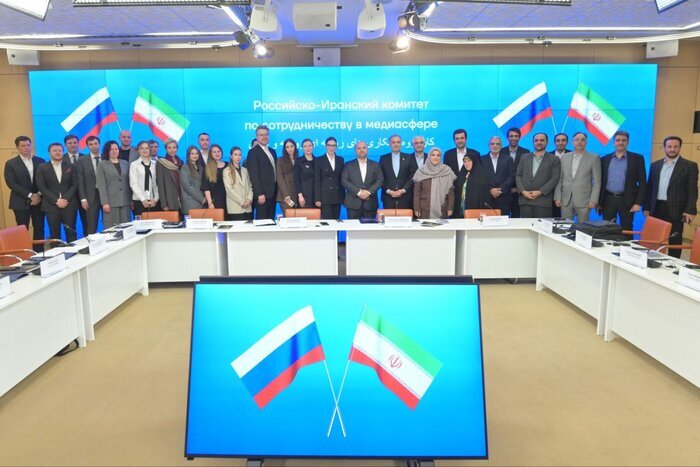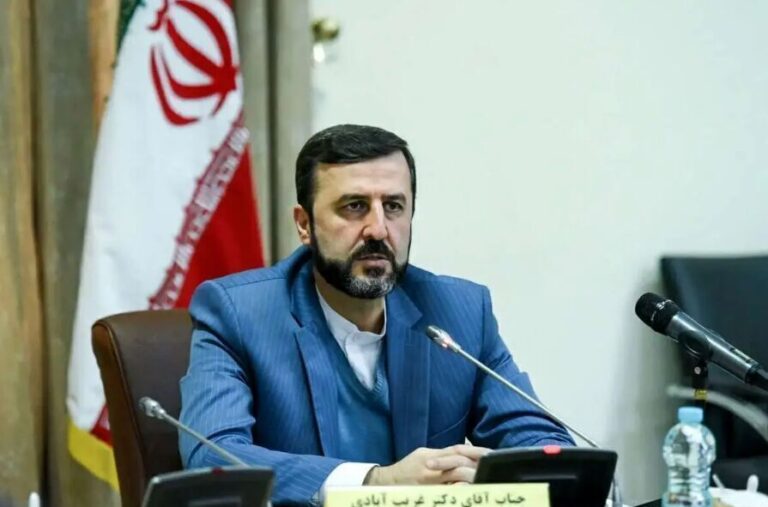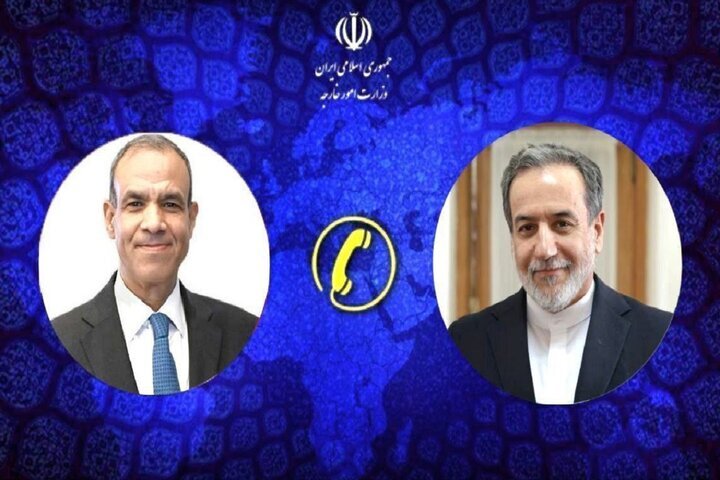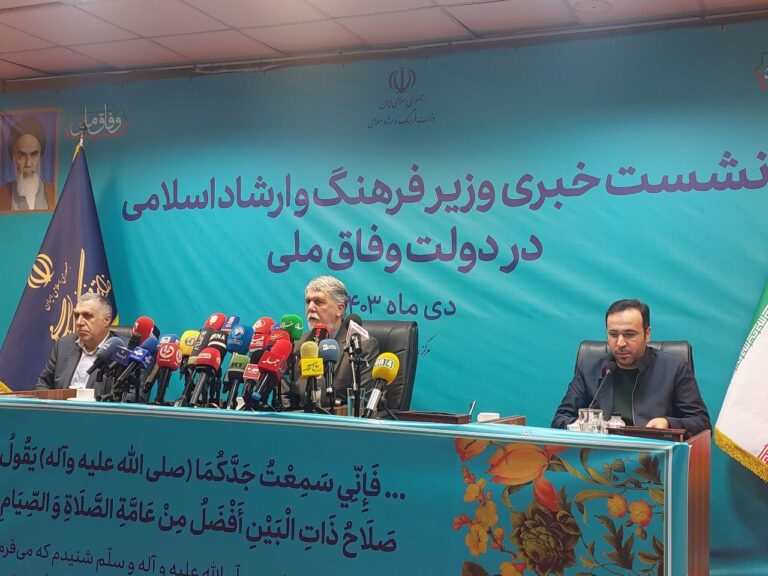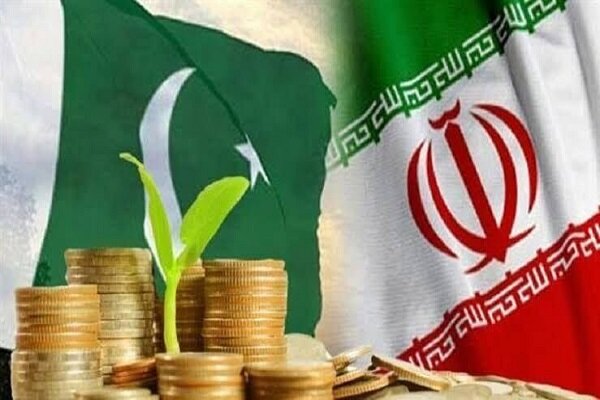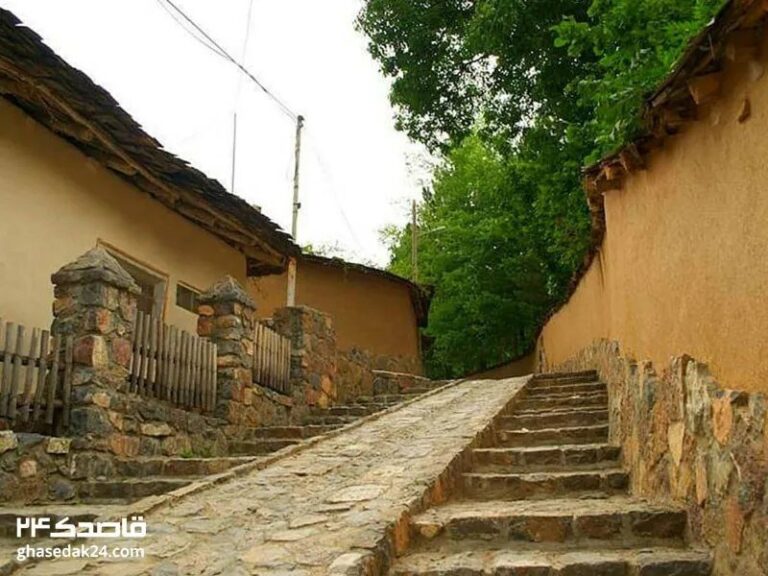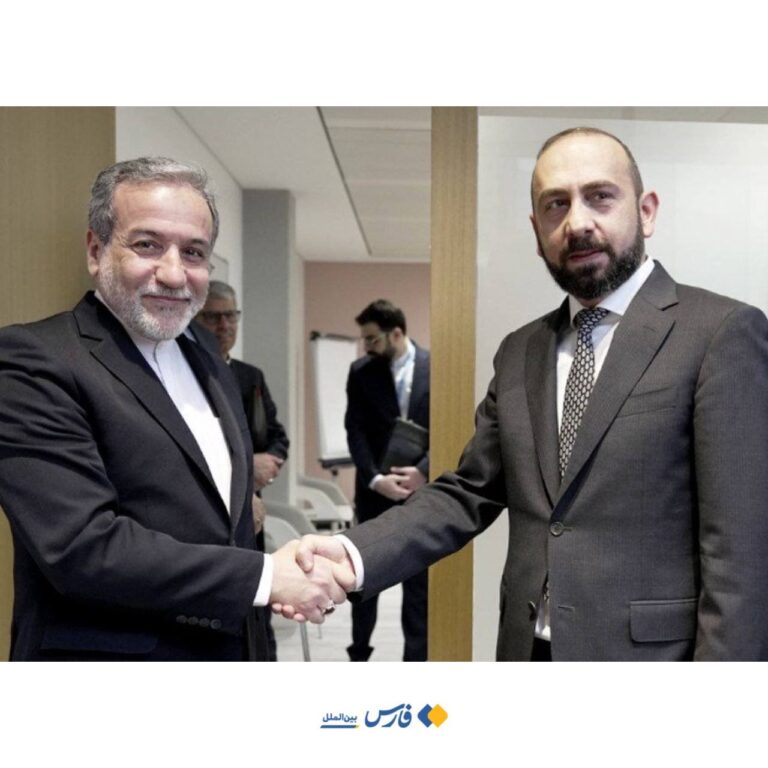Iran and Russia Forge Stronger Ties: Joint Media Cooperation Working Group Meets in Moscow
Iran-Russia Joint Media Cooperation is gaining momentum as both nations strive to enhance their media relations. A recent meeting held in Moscow highlighted the commitment of Iran and Russia to foster mutual understanding through improved media collaboration.
The Iran-Russia Joint Media Cooperation Working Group convened in Moscow on Tuesday evening, with significant participation from key officials including the Deputy Minister of Media and Advertising of Iran’s Ministry of Culture and Islamic Guidance and the Deputy Minister of Communications and Mass Media of Russia. The meeting commenced with opening remarks from Mohammadreza Norouzpour and Bella Cherkesova, who lead the respective delegations from Iran and Russia. The meeting was further summarized in the presence of Kazem Jalali, the Iranian ambassador to Russia, according to a report by Honaronline.
Key Discussions and Insights
- Iranian Media Capabilities: Norouzpour elaborated on the significant capabilities of Iranian media, emphasizing its potential role in enhancing mutual understanding between the two nations.
- Historical Perspectives: He noted that Iranians’ understanding of Russia has been historically shaped by renowned Russian writers and poets, asserting that they have a better grasp of old Russia than modern Russia.
- Western Media Influence: Norouzpour pointed out that information about modern Russia predominantly comes from Western media sources, which is partly attributed to the lack of robust connections between Iranian and Russian media.
- Combating Fake News: The deputy minister highlighted the critical role of media in combating misinformation and strengthening understanding between the people of both countries.
“Media can help strengthen the joint cooperation capacities between Iran and Russia and encourage citizens to travel and explore the cultural, artistic, scientific, and tourism potentials of the other country,” Norouzpour asserted. He proposed that Iranian and Russian artists collaborate to produce joint documentaries, films, and television series.
Areas for Cooperation
Norouzpour suggested several areas for enhanced cooperation:
- Book Publishing: Strengthening ties in book publishing to promote cultural exchange.
- Video Games: Collaborating on video game development to engage younger audiences.
- Training Courses: Offering training courses for media professionals to enhance skills and knowledge.
Bella Cherkesova responded positively, referring to the Comprehensive Strategic Treaty signed between the presidents of Iran and Russia during Masoud Pezeshkian’s visit to Moscow on January 17. “We highly value enhancing media cooperation with Iran within the framework of this treaty, and the joint media committee of both countries can help take practical steps in this regard,” she stated.
Cherkesova emphasized the need for enhanced connections between Russian and Iranian mass media, particularly in print media, noting the significant role media plays in deepening public understanding and implementing the agreements between Moscow and Tehran.
Interest from Russian Media
The deputy minister expressed interest from several Russian media organizations, including Rossiya Segodnya and RT, in expanding their media presence in Iran. This includes opening representative offices and broadcasting programs in Russian and Arabic.
Kazem Jalali also contributed to the discussions, describing the strengthening of media cooperation as a foundational aspect of flourishing bilateral relations. He underlined the commitment of both countries’ leaders to elevate their relationship to a strategic level through the Comprehensive Strategic Treaty, emphasizing the essential role of media in realizing cooperation potential.
Enhancing Media Cooperation
A number of media managers from both nations participated in the meeting, sharing their capabilities and achievements, and proposing collaborative ideas for expanding cooperation in the software and hardware domains of media dissemination.
In a separate meeting, Norouzpour and Jalali engaged with Maria Zakharova, the director of the information and press department of the Ministry of Foreign Affairs of the Russian Federation. Both sides reiterated their strong determination to enhance media cooperation in alignment with the Comprehensive Strategic Treaty.
They stressed the importance of experience exchange, training workshops, media literacy, and joint efforts to combat fake news. Jalali highlighted the positive trends in developing media cooperation and announced the facilitation of travel conditions for Russian journalists in Iran.
Norouzpour emphasized the strategic importance of relations with Russia in Iran’s foreign policy, stating, “If the two nations seek to maintain and expand bilateral interactions, their media relations must grow at the same level as their political relations and reach a strategic stage.” He expressed Iran’s readiness to foster bilateral media interactions and facilitate the presence of Russian journalists in Iran.
Conclusion
Maria Zakharova expressed her delight at the high-ranking Iranian media delegation’s presence in Moscow and their active engagement in joint media meetings. “The Russian Federation views the development of media cooperation with Iran seriously and strategically,” she remarked, welcoming dialogues, knowledge exchange, and joint efforts to tackle emerging threats such as fake news. Zakharova extended an invitation to Iranian journalists to participate in the International Conference on Combating Fake News hosted by Russia, underscoring the importance of continuous interactions and consultations.
